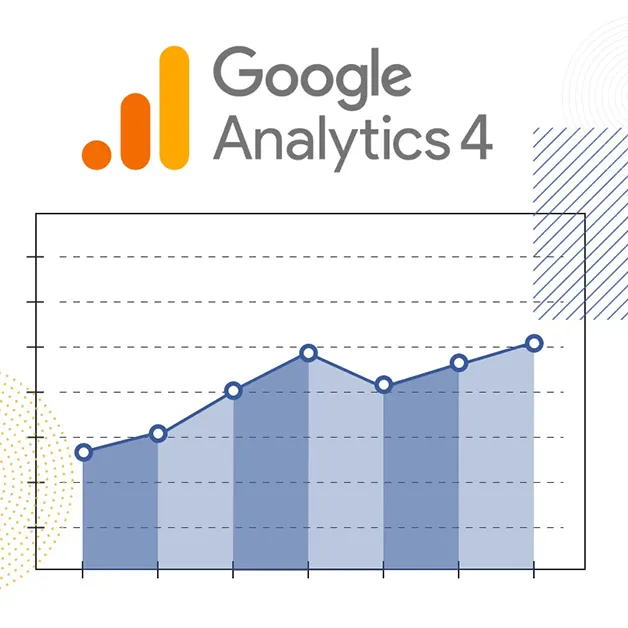5 Elements of a Successful Digital Marketing Strategy

As a building company, you know how important it is to have a solid digital presence in today’s market. Most people now search the internet for businesses, including distributors, dealers, and suppliers. Therefore, it’s essential to have a solid digital marketing strategy to reach potential customers and establish a strong brand identity. In this blog post, we’ll guide you through picking and implementing a digital marketing strategy for your building company.
- Define your target audience: Before developing a digital marketing strategy, you need to identify your target audience. Who are the people that are most likely to need your services? Do you work primarily with residential or commercial clients? Are you targeting a particular geographic area or a specific industry? The more specific you can be, the better you can tailor your marketing efforts to your audience.
- Develop your brand identity: Your brand identity is what separates you from your competitors. It includes your logo, color scheme, tone of voice, and messaging. Once you have identified your target audience, you can develop a brand identity that resonates with them. Your branding should reflect the quality of your products and your company’s values.
- Choose the proper digital marketing channels: Once you have a clear understanding of your target audience and your brand identity, you can begin to choose the digital marketing channels that will be most effective in reaching them. Here are some examples:
- Search engine optimization (SEO) involves optimizing your website and content to rank higher on search engines like Google.
- Pay-per-click (PPC) advertising involves placing ads on search engines or social media platforms and paying each time someone clicks on them.
- Social media marketing involves using social media platforms to connect with your audience and promote your products.
- Content marketing: This involves creating high-quality content, such as blog posts, videos, or infographics, to attract potential customers to your website.
- Create a content strategy: Content is an essential component of any digital marketing strategy. Creating high-quality content helps establish your brand as an authority in your industry, attract potential customers to your website, and keep your current customers engaged. Your content strategy should include the types of content you’ll create, the topics you’ll cover, and the channels you’ll use to distribute it.
- Set goals and measure success: Once you’ve implemented your digital marketing strategy, it’s essential to set goals and measure your success. This will help you determine which tactics are working and which need to be adjusted. Some common goals for building companies include increasing website traffic, generating leads, and improving brand awareness. Use tools like Google Analytics to track your progress and adjust as needed.
In conclusion, implementing a digital marketing strategy can be a game-changer for building companies. You can establish a solid digital presence and connect with potential customers by defining your target audience, developing your brand identity, choosing the proper channels, creating a content strategy, and measuring your success. Remember, digital marketing is an ongoing process, so be prepared to adjust and adapt your strategy as needed.


















